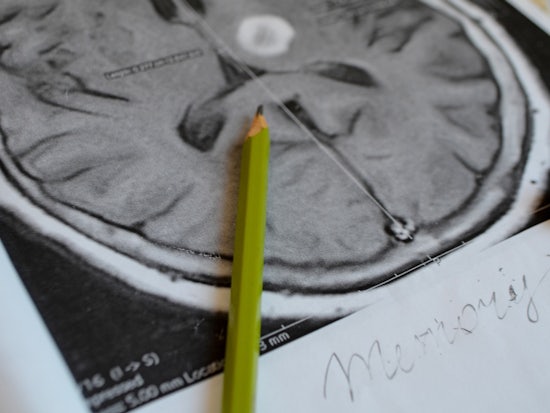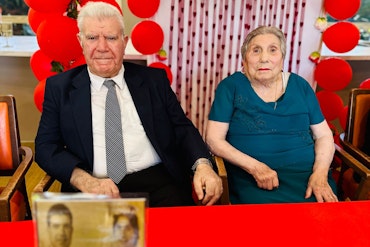Combined approach puts frontotemporal dementia at the forefront
Two national organisations have announced that they are coming together with the goal of developing a stronger focus on and increasing access to support for people across Australia living with frontotemporal dementia, their families and carers.

Dementia Australia and the Australian Frontotemporal Dementia Association (AFTDA) have joined forces (Source: Shutterstock)
Dementia Australia and the Australian Frontotemporal Dementia Association (AFTDA) made the announcement, stating that the key to the agreement between the two organisations is the transfer of the operation of existing carer support groups to be managed and delivered by Dementia Australia.
AFTDA Chair Ian McRae says combining the expertise of the two organisations will bring better outcomes.
“AFTDA was established in 2012 with the broad objectives to focus on setting up carer support groups for people impacted by frontotemporal dementia,” he says.
“Following the Federation of Alzheimer’s Australia unifying and changing its name to Dementia Australia in October 2017, AFTDA viewed the change as a positive, inclusive step in broadening the public’s understanding of dementia, especially to increase awareness of the less-well-known younger onset dementias, such as frontotemporal dementia.”
“This transition [between AFTDA and Dementia Australia] will ensure people with frontotemporal dementia, their families and carers will become more aware of the services and support programs offered by Dementia Australia to people with the disease, their families and carers, all over Australia
“Over the past year, the discussions to achieve this transfer have been long and thorough to ensure that the members of these support groups have confidence that the existing programs will continue with the possibility of expanding nationally.”
Dementia Australia Chief Executive Officer (CEO) Maree McCabe says it is crucial that Australians living with frontotemporal dementia receive the support they require and Dementia Australia is “well placed” to ensure this continues into the future.
She also focuses on the importance of people understanding what frontotemporal dementia is and who it affects.
“Dementia Australia as the national peak body aims to ensure everyone living with any form of dementia knows that our organisation is here for them, their families and carers,” Ms McCabe explains.
Ms McCabe and Mr McRae will present about the transition of the program as part of the Carers Day Program on 13 November at the 11th International Conference on Frontotemporal Dementias to be held in Sydney, 11-14 November 2018.























